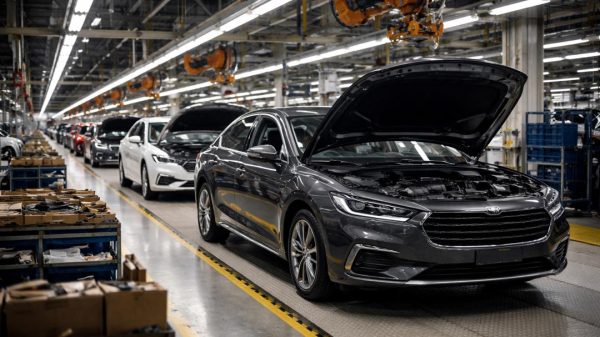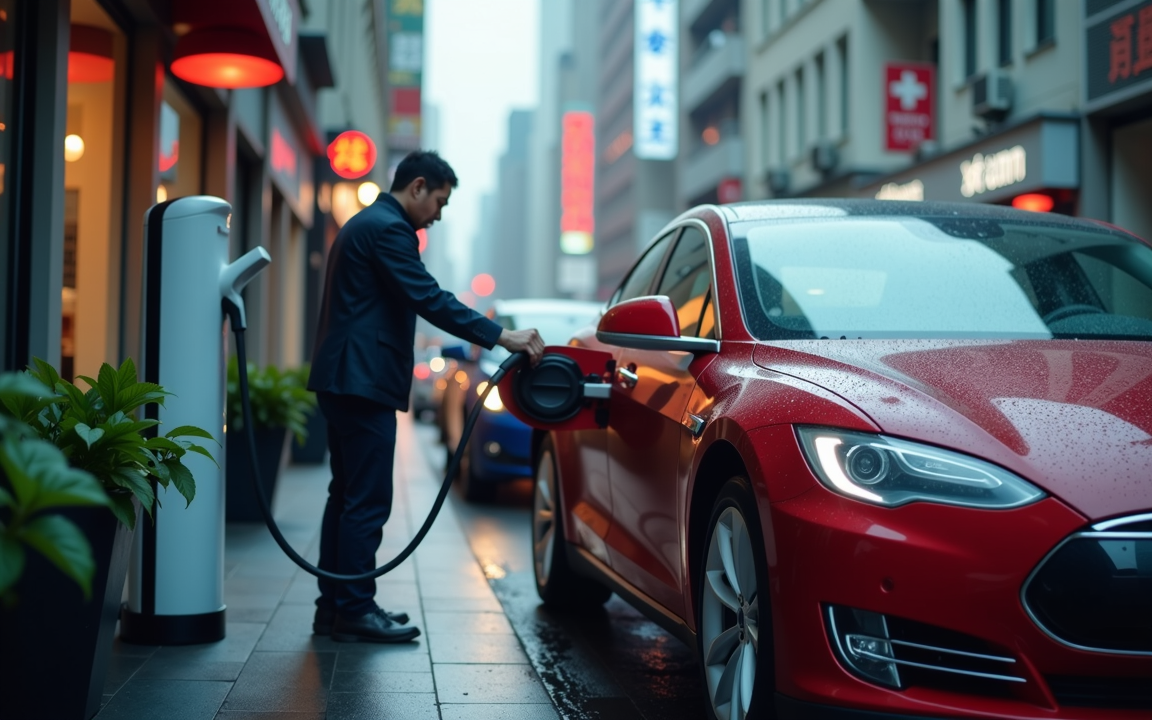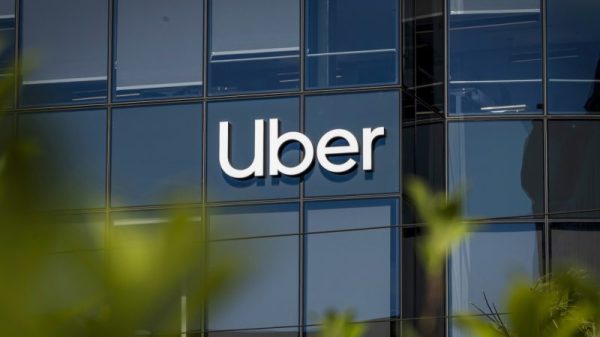Rivian Automotive is preparing to lay off employees as it confronts a slowdown in electric vehicle demand following the expiration of a key US federal tax credit that had supported sales, as per a Reuters report.
Media reports earlier suggested that around 600 workers would be affected, following a smaller round of job cuts last month.
The layoffs underscore the pressure Rivian faces as the broader EV industry adjusts to higher prices and reduced incentives.
The Rivian stock climbed up over 1% on Thursday morning.
Tax credit expiry adds to EV industry strain
The $7,500 federal tax credit for new electric vehicle purchases expired last month, pushing up consumer costs and threatening demand across the industry.
Automakers, including Rivian, now face the challenge of maintaining sales momentum amid rising costs, high tariffs, and intensifying competition from Tesla and legacy carmakers.
High import tariffs on auto parts have added to Rivian’s manufacturing costs, forcing EV makers to localise supply chains and increase domestic investment in line with the Trump administration’s trade and industrial policies.
Financial pressures mount
Rivian has struggled to achieve profitability since its public debut, weighed down by expenses tied to ramping up production and persistent supply chain constraints.
The company posted a $1.1 billion loss in the second quarter and expects a larger adjusted core loss this year—between $2 billion and $2.25 billion, compared with an earlier forecast of $1.7 billion to $1.9 billion.
Despite these challenges, analysts expect Rivian’s third-quarter revenue to rise 71.5% year-on-year, with losses narrowing when it reports results after markets close on November 4.
Vehicle sales rose 32% to 13,201 units in the third quarter, driven by a pre-expiry surge in demand as buyers rushed to secure the tax credit before its September deadline.
However, Rivian narrowed its 2025 delivery forecast from as many as 46,000 units to a range of 41,500 to 43,500 vehicles, reflecting caution over near-term demand.
Focus shifts to efficiency and next-gen models
To navigate the current environment, Rivian is emphasising manufacturing efficiency and cost control at its Normal, Illinois plant, while preparing to launch its next-generation R2 lineup next year.
The R2 models are expected to target a lower-priced segment, broadening Rivian’s market reach beyond its current luxury R1 vehicles.
The company hopes the R2 series will compete directly with Tesla’s Model Y crossover, offsetting weaker demand for its premium offerings.
While Rivian’s long-term prospects hinge on its ability to scale production and diversify its product line, the latest layoffs highlight the industry’s growing pains amid volatile demand, high input costs, and shifting regulatory landscapes.
The post Rivian reportedly planning layoffs, stocks spikes 1% appeared first on Invezz
























